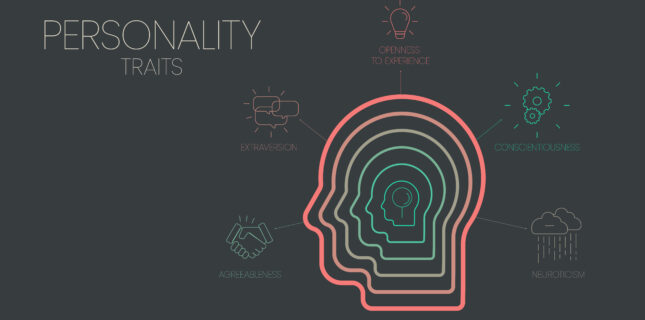
You Can’t Teach Personality
You can train skills, but you can’t alter personality. The challenge? You’re already time-constrained, so training a new person is a pain. As Fast Company magazine reports, “Hiring first for personality factors often takes the back seat to what gets the job done. Yet factors such as emotional intelligence, compassion, and flexibility are incredibly important in today’s changing work environment.”
Tip: “Look for someone who plays team sports, who has committed to volunteer, or does activities outside of work.”
OPTICAL PERSPECTIVES
Eric Kaufman, practice manager for Insight Vision Care in Sugarcreek, OH, agrees. “We’ve found it easier to teach skills than character, so we base our hiring off our core principles. You have to look at it every step of the way through the customer’s eyes,” adds Kaufman. “Hire culture and train skills…that’s our mentality.”
Laura Miller, O.D., owner of Northwest Hills Eye Care in Austin, TX, agrees. “As I tell everyone when I interview them, my philosophy is that we are a family here. We actually spend more awake time together than we do with our personal families. We need to do our jobs, get along, and be able to rely on each other.”
TESTING FOR PERSONALITY
How do you test for personality? Sometimes it’s all about coming up with a workaround during an interview. “Look for someone who plays team sports, who has committed to volunteer, or does activities outside of work,” suggests Dan Pickett III, CEO of Nfrastructure, an IT company with an incredible retention rate of 97%.
After that initial interview, it’s OK to follow up and ask the person to take something like the Myers-Briggs test (mymyersbriggs.org) or another occupational interest inventory test.
LAST ON THE LIST
Don’t just take our word for it. In a survey from digital education company Hyper Island, 500 business leaders were asked what qualities they considered key to meeting future challenges. The results? Nearly 8 out of 10 (78%) put “personality” at the top of the list, followed by “cultural alignment.” What about “skill set?” It came in dead last.
Research conducted by LinkedIn may explain why. According to its findings, it only takes an average of three months to learn a new position.
Though positions in optical can be more complex than those in many other markets, no amount of training is going to change a personality. So, test for it if that makes you comfortable, and, whatever you do, hire for it, too.
Have you have hired for skills, despite qualms about an individual’s personality, and regretted it later? Tell us about your experience and share it with us on Facebook here.
Comments are closed.









